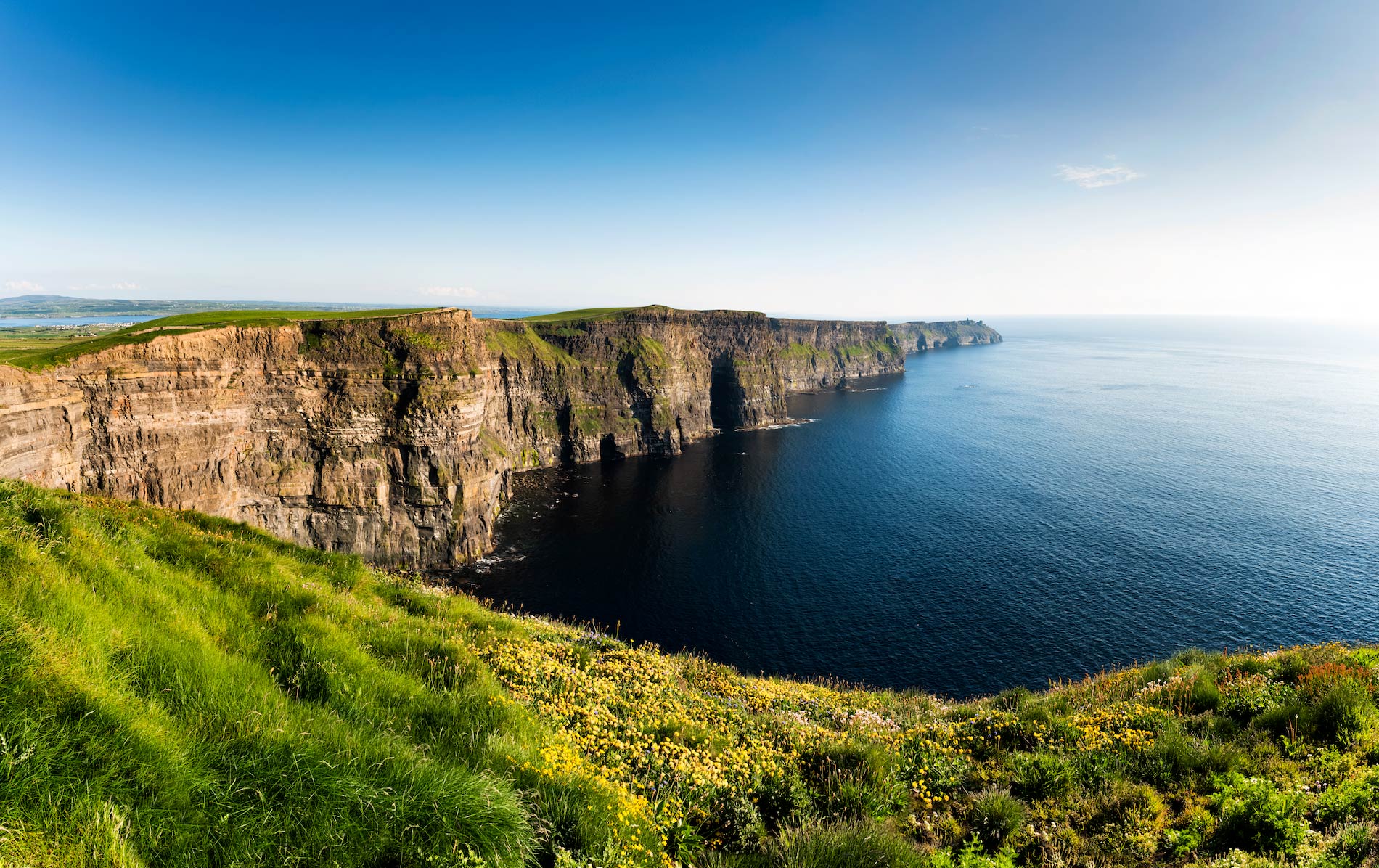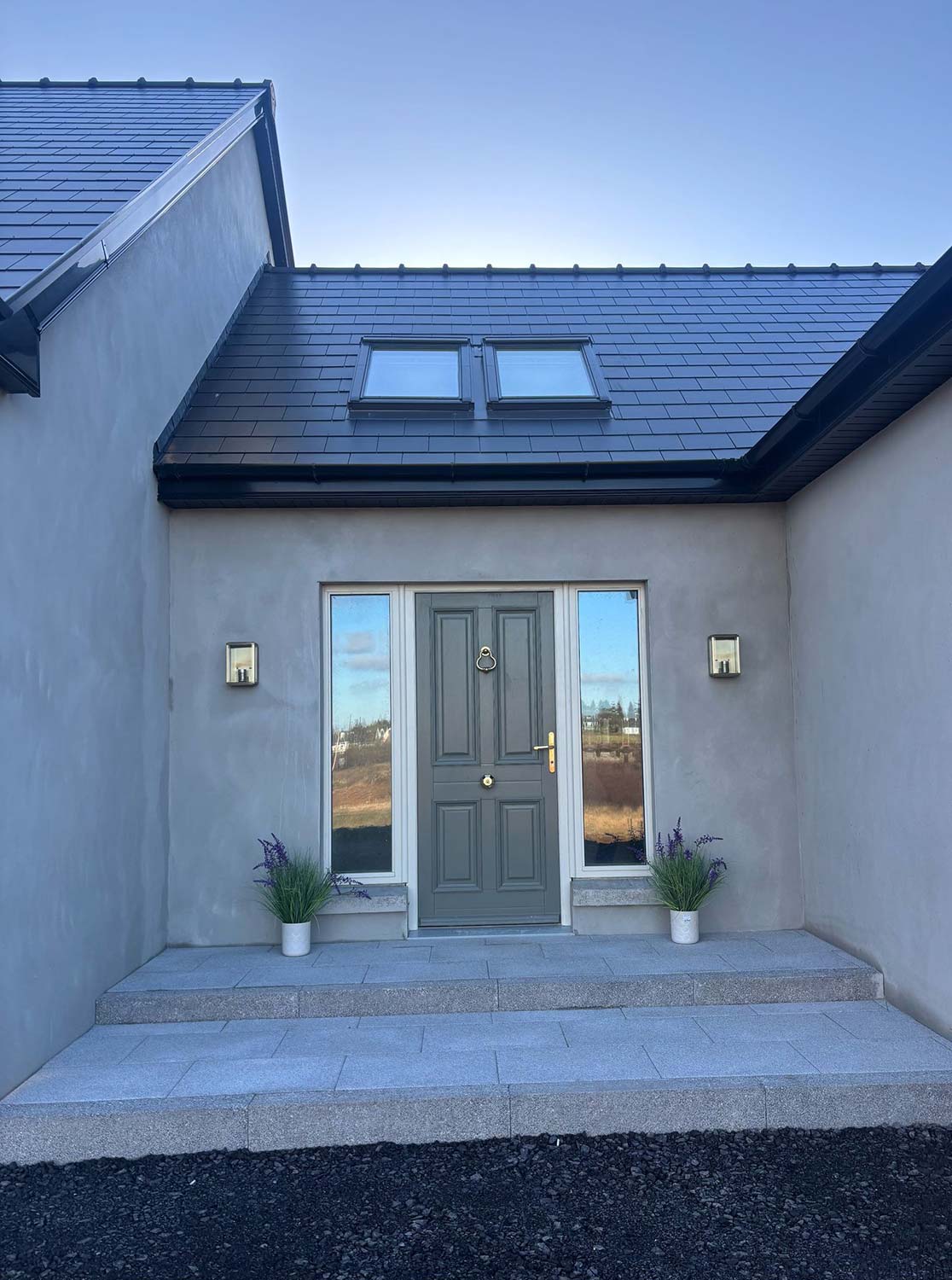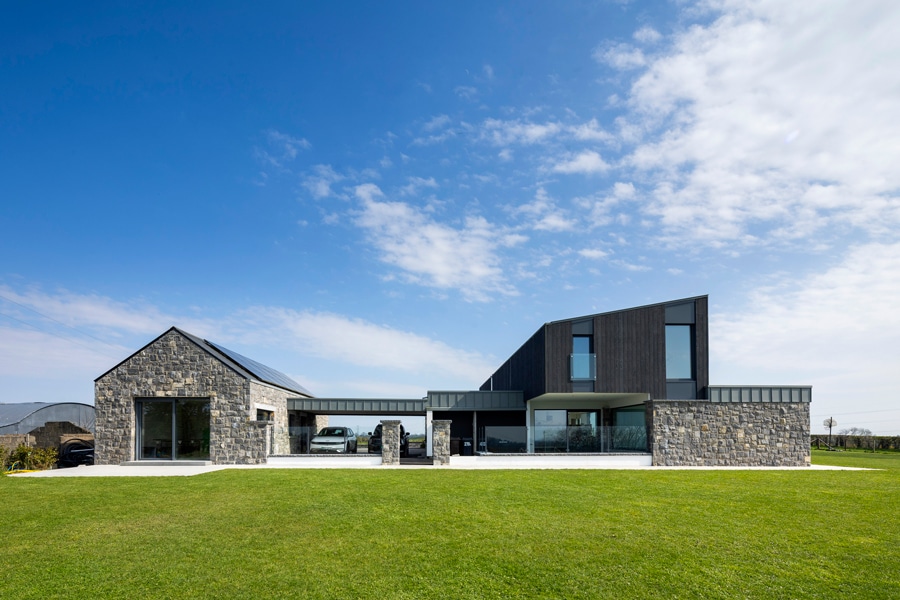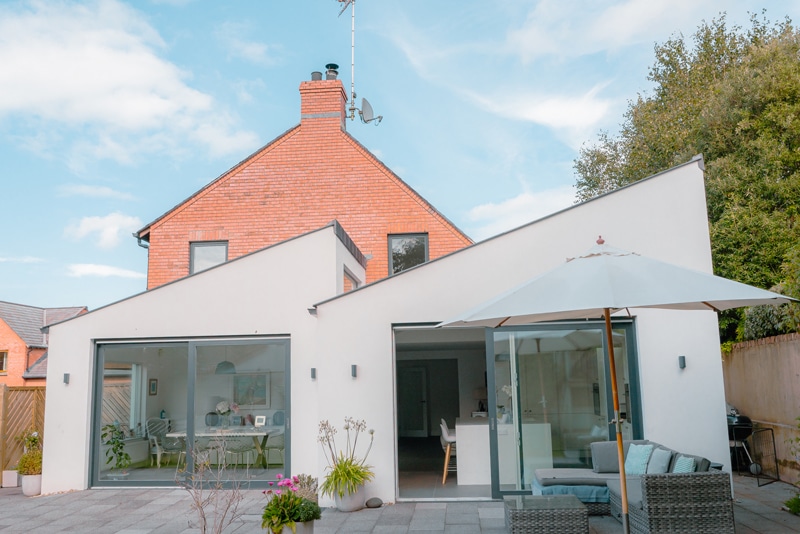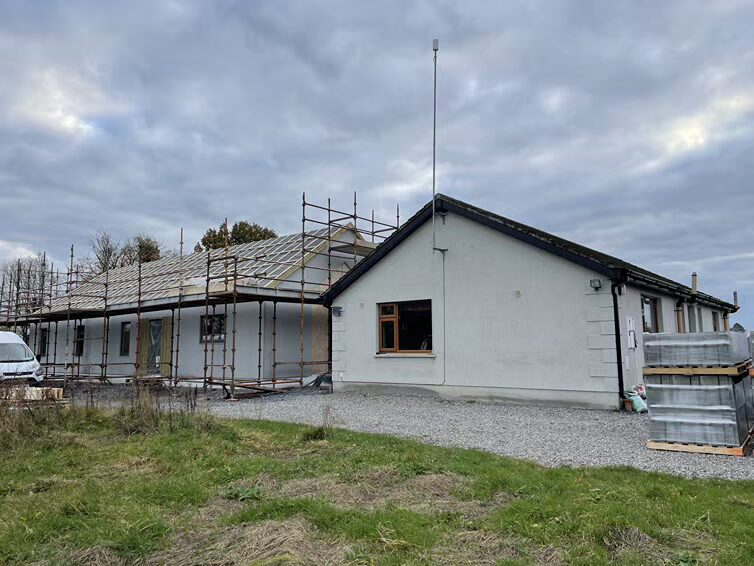In this article we cover:
- Development levy and water charges holiday
- How much self-builders will save
- When it comes into force and how long it will last for
- Does it apply to electricity connection fees?
- Does it apply to group water schemes?
- New grant amounts to renovate vacant and derelict buildings
- Will those who already applied for a vacant property grant get a top up?
- New zoning tax and construction cost report
- Enhanced grants for island dwellings: National Islands Policy and Action Plan
Development levy holiday
Self-builders won’t have to pay development levies to their local authority, saving on average €12,650, as long as they complete their house build by 31 December 2025. The holiday will apply for a 12-month period, until April 2024, in a bid to stimulate more house building.
The ROI cabinet introduced the measures to stimulate house building in April 2023, taking immediate effect. Your commencement notice must have been submitted to the local authority within the 28
day period prior to 25 April 2023 i.e. on or after 28 March 2023.
Self-builders currently have to pay development levies to their local authority to pay for infrastructure costs such as roads. These can amount to tens of thousands of euros in certain areas.
Self-builders will continue to have to pay connections charges for electricity but wont’ have to pay for water connection fees. The waiver does not apply to group water schemes; according to the Department of Housing it only applies to” houses connected to a water and wastewater supply provided by Irish Water/ Uisce Eireann”.
Water connection fees used to be done on a case by case basis, as is electricity at the moment, but a flat rate for water and wastewater connections was introduced in 2019.
Connections up to 10m from the mains now cost €2,272 for water and €3,929 for wastewater, representing a saving of over €6k for water charges alone.
“All residential developments (Apartments, Scheme Housing and one-off homes) will be exempt from Development levies and water connection fees,” a spokesperson for the ROI Department of Housing told Selfbuild. “The Exchequer will compensate Local Authorities and Irish Water for this loss of revenue.”
“This will cut the cost of building a home and apply for a limited time only to act as an incentive,” stated the press release dated April 2023.
For those at the site hunting stage know that under the Ready to Build Scheme, local authorities provide serviced sites to self-builders.
The circular is available here;
Better grants
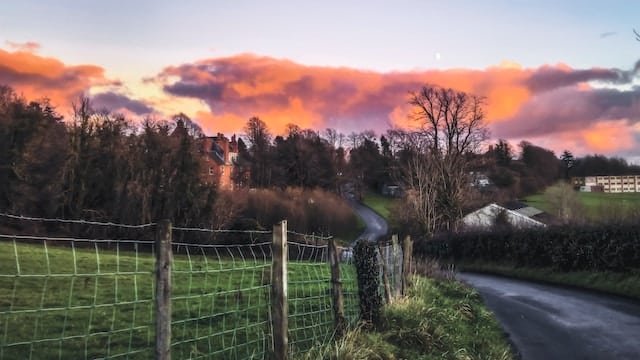
The Croí Cónaithe Vacant Property Refurbishment Grant will be increased from €30,000 to €50,000 for vacant properties and from €50,000 to €70,000 for derelict properties, extended to cover houses built up to 2007, and will be available for properties intended for rental as well as owner-occupied.
Applications are done through your local authority and are open to all regions in Ireland, both rural and urban. You must be buying a vacant or derelict property to avail of the grant.
VAT is included in the grant amount, shaving 23 per cent off the face value of the grants unless you hire a contractor in which case the reduced VAT rate of 13.5 per cent will apply.
Those who have already applied for the grant won’t be eligible for a top up, unless they haven’t drawn down on their grant amount.
“Anyone not yet paid the grant can be considered for additional funding as part of the recent grant increase,” a Department of Housing spokesperson told Selfbuild. “This will be based on the refurbishment costs applied for as part of their grant application, the local authority’s assessment of those costs and proof of expenditure.”
UPDATE June 2023: The National Islands Policy and Action Plan published in June 2023 increases the grants by 20 per cent for island dwellings. So that’s €60,000 for vacant properties and €84,000 for derelict buildings. This comes into effect from July 1, 2023 and will be applied retrospectively to any existing applications.
Construction costs and new zoning tax
Construction costs account for about half of total delivery costs, according to the Department of the Taoiseach. A report and an action plan into building costs is due end of April 2023.
The Residential Construction Cost Study will show each component of the cost of building houses and apartments.
Meanwhile, the ROI government also introduced rezoning taxes on land but self-builders will be exempt as the new levy will apply to developments of more than four houses, among other conditions. The new Land Value Sharing (LVS) charge of 30 per cent will apply on the difference between existing use value and the market value on land that has been zoned for housing.
“Last week we published radical proposals to ensure communities gain from land value increases arising from land rezoning. Communities will gain from this uplift in the form of increased housing infrastructure,” said Eamon Ryan, Minister for the Environment, Climate and Communications.
“Taken with implementation of the new Residential Zoned Land Tax, we are addressing land speculation and land hoarding, major sources of land mismanagement. These reforms will help ensure housing gets delivered without unnecessary speculative costs from land mismanagement.”













